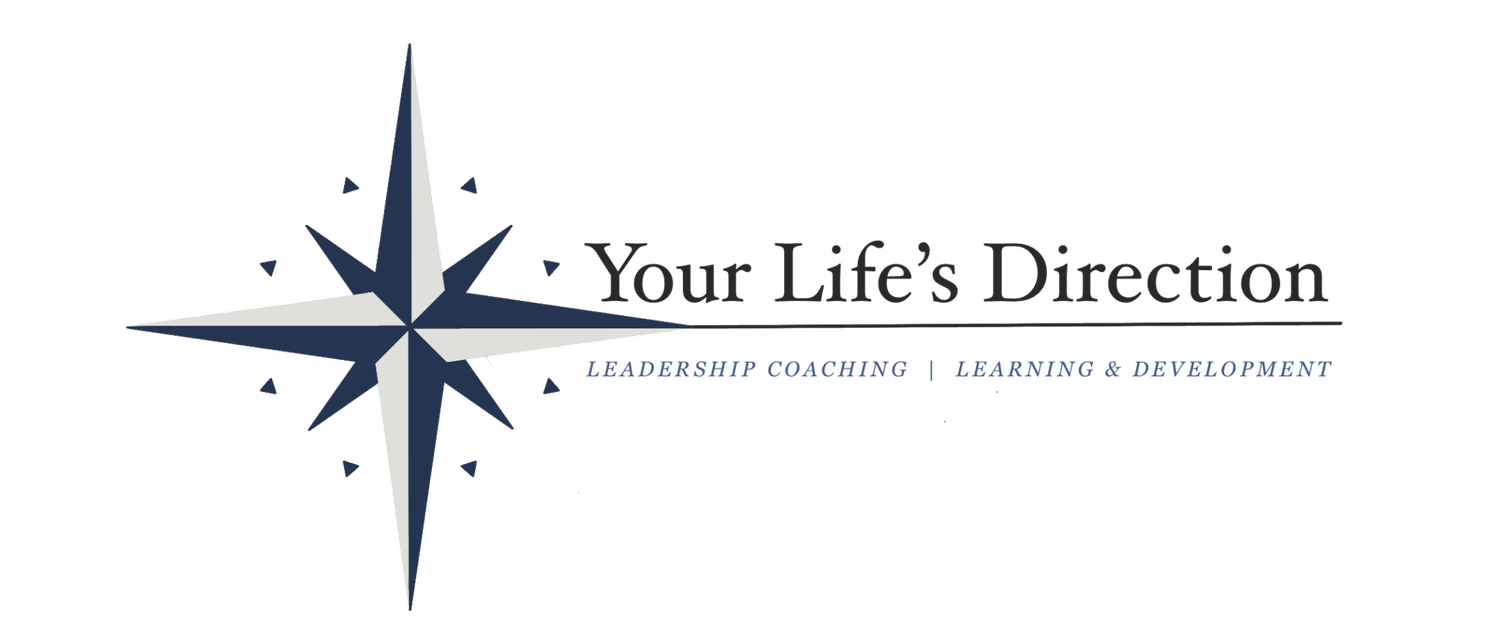Telling Lies, Perpetuating Half-Truths; Does Truth Matter Anymore?
There are two things that happened this past week that have me thinking. First, I read online that the more you tell lies, the more you believe lies. This suggests that a person who does this is then a pathological liar for the very definition of such a person is one who tells lies and stories that fall somewhere between conscious lying and delusion. The definition continues and suggests they sometimes even believe their own lies.
Second, I was talking to a friend who complained that when carefully listening to any sort of news disseminator, you know they use facts and data that tell their story, and since data is not enough information and can be manipulated and distorted without examination of what’s behind the data, these disseminators rely on their own subjective opinions and reach conclusions to reinforce their own narrative. As adult consumers of news, we know that some other disseminator will use the same data and facts but tell a completely different story - a contradictory story negating the narrative being told by the first. Together both are skilled at using hand-picked data points, maybe even taken out of context, then combined with half-truth opinions, they essentially create an illusion with an intent to deceive and then convince the listener to agree with their perspective.
When I reflect on these two related circumstances I feel many emotions. I feel sad that words and conversations can end up sowing mistrust. I feel insecure about the potential lack of credibility that could define people. I also feel angry that valuing people and alternative ideas can be of less importance than convincing others they are wrong or perhaps see things incorrectly - that all views simply don’t matter.
It seems to me that words and the meaning behind words still do matter. It seems to me that truth over lies is still something we should strive for. It seems to me that when someone compels or fierce-fully argues with half-truths to convince someone their way of thinking is wrong or that their perspective is not worthy of consideration, we need to be outraged by this form of injustice. When lies are told, when parts of stories are omitted purposely and used strategically, and when believing lies that reinforce sides, teams, and tribes, diversity of thought and the uniqueness of individual identity is threatened. This behavior harms relationships, work, and culture and diminishes people to nothing more than a person to be manipulated and controlled.
Getting to the truth is critical. And how we get there and then how to share truth with others is perhaps even more so. The truth found in data and facts, and the conclusions that one can draw must be explored and presented as an option for others to consider. Others should have the benefit of being able to objectively consider those facts and data and even offer more that was overlooked. The thoroughness of exploring all facts and relevant data must be considered regardless of the point of view, and even agreeing that two things may be true at the same time. The healthy interchange of ideas demonstrated through empathetic discussion, where relationships are founded on respect and trust, is our only hope to counter lies and use of half-truths permeating our conversations currently. Individual integrity must be rediscovered again and exchanged for power and control.
We are in a time and place in history where information is being shared freely and without restraint. Often, people are known for what they believe before we even know who they are. And sadly, when we discover what they believe is false and we’ve been dupped, going back to restore the brokenness is difficult. Society is facing a credibility problem and if truth-telling is being sold out to win an argument, convert a colleague, or score a political victory, no amount of data and facts will be enough to restore decency, trust, and provide a way forward for truth to prevail and set a people free.
